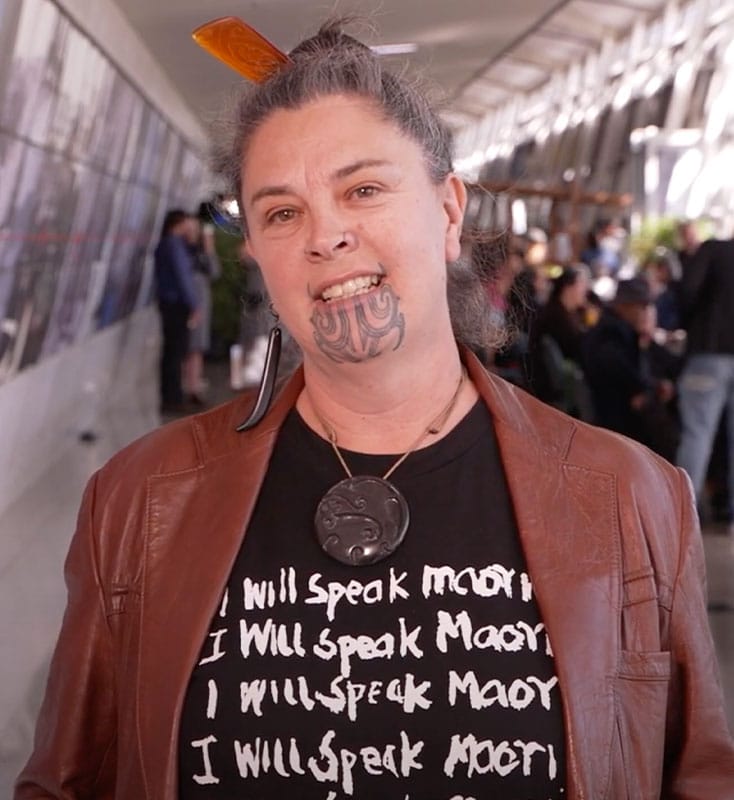Cole, V.
Government Housing Schemes
Counterfutures, 9, 19-45
2020
Read Publication
The article provides an overview of the housing crisis in Aotearoa New Zealand, offering a historical perspective and critiquing the shift towards privatisation and market dependence.
It presents universal state housing as a multifaceted solution that addresses affordability, security, and sustainability, while also recognising the importance of Māori sovereignty over land and housing decisions. This proposal is positioned as both a practical solution to the housing shortage and a strategic move towards decommodifying housing, challenging the prevailing view of housing as a commodity. The inclusion of international examples and the emphasis on the need for collective action and policy change add depth to the argument, making a compelling case for universal state housing as a necessary step towards addressing the housing crisis in a holistic and equitable manner. This article provides a bold proposal for universal state housing when in most contemporary debates about solving the housing crisis, this solution is side-lined. The author presents nine main benefits from universal state-housing policy, including creating more affordable housing, towns, and cities, more secure housing, combating gentrification, displacement, and stigma, and making housing more democratic, environmentally sustainable, and accessible. The article ends with four key points: the government should build and acquire at least half a million state rental houses by 2040; secure tenancies for life should be legislated and the ability to pass on your state house to your whānau enabled, state rental housing should be close to amenities and transport networks, and universal state housing is economically possible and should be funded through wealth taxes and state borrowing.










